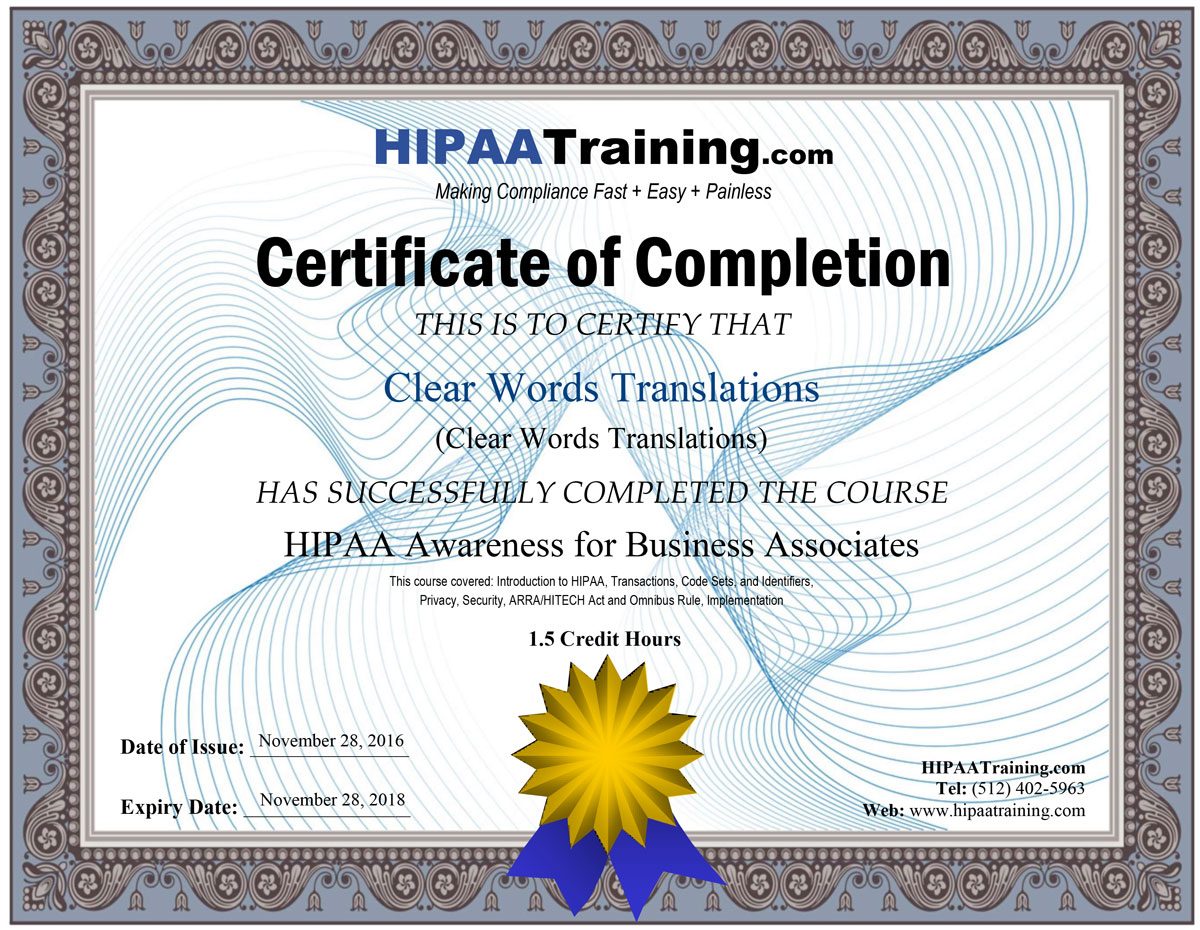6 Tips to Keep Localization Costs Low in 2020
CLEAR WORDS
TRANSLATIONS
All News
March 27, 2020 |
6 Tips to Keep Localization Costs Low in 2020
A potential crisis might force drastic changes for all companies, regardless of their size or industry. However, that doesn’t mean you should put your expansion dreams in a drawer until better days come. Localization services can help you overcome the new economic challenges more than you think.
Although, you might want to consider some project reorganization in line with your new budget and market reality. Here are some smart ways to cut down localization costs and boost translation efficiency.
1) Evaluate Your Resources
At this point, you need to be realistic. Between 5 and 25 million people around the world risk losing their jobs in the following months. Most companies are compelled to downsize budgets and reorganize to survive. Your business, too, could be affected by the overall market issues.
The world has changed overnight; keeping up with your old plans might lead to failure instead of bringing the ROI you expected.
Hoping for the best, but expecting the worst might be the smart strategy, at least for 2020. So, before you move on with localization as if nothing has happened, evaluate your resources to make sure you can complete the project without sacrificing quality.
2) Select Target Languages Wisely
Instead of localizing for 10 languages at once, you can downsize the scope of your project. Now’s the right time to take a closer look at analytics and market reports to choose the regions in which your sales have better growth opportunities.
As you’ve probably learned by now, in localization projects, quality is far more important than quantity.
Instead of pushing your efforts to make sure no country is left behind, focus on providing quality products to a smaller audience. The reason is obvious. Satisfying a small number of potential customers is far more likely to be lucrative than giving mediocre content to a massive pool of people.
This strategy allows you to spend your budget more effectively as it maximizes ROI and consolidates your global market share. When you invest in the quality of your website, software, or app, you show that you care about international customers and respect their culture. In time, this will help you to build a relationship with your audience and ensure consistent revenues from local markets.
3) Automate as Much as Possible
In recent years, automation has become the synonym of efficiency. It streamlines workflows, eliminates manual tasks, and overall helps you to cut down costs without sacrificing quality.
In translation, automation allows translators to eliminate all the hassle of sharing files and tracking progress. The language service industry relies on software and apps that facilitate file transfer and reduce the time necessary for preparing content for translation.
Simply put, you no longer have to select content for translation manually, download it, write hundreds of emails, and use spreadsheets to check on the status of each document in your lists.
All the work that used to require tens or hundreds of hours of work can be done in a day or two. So, you get rid of the astronomical amounts to pay before you even start translating.
Moreover, localization apps and dedicated software enable all linguists to work in one place, which makes it easier for specialists to communicate and collaborate at all times. This reduces the risk of losing files or translating irrelevant content, which means less extra work to pay for.
Before jumping into translation and localization, analyze the benefits of using technology, and discuss the level of automation that better suit your needs with your language service provider.
4) Optimize Your Content for Translation
During a localization project, you’ll need to translate piles of legal documents, technical documentation, marketing materials, and strings of code, among other types of content.
It’s not an easy task and usually requires working with multiple linguists in several translation niches. A translator who is used to working with user manuals documentation for manufacturers probably doesn’t have the skills or the experience to translate your blog.
If you don’t send the right content to each specialist, you risk losing time and receiving inaccurate translations. In the end, you’ll need revisions and edits and even a complete rework of most of your content.
You should also make sure that every text that requires translation is proofread and edited BEFORE sending it to your language service provider. Otherwise, all you’ll get is even more revisions and edits.
Either way, you’ll only manage to send translation costs skyrocketing and end up missing deadlines. Optimizing your content for translation and matching each type of content to the right translator is a pretty effective way to get the job done right from the start and keep localization costs under control.
5) Integrate SEO Right from the Start
You probably already know that SEO is crucial for the success of your new website. So, why wait until translation is ready to optimize for search engines?
This means hiring a local SEO agency that can edit your content to integrate new keywords, add metadata, and perform a series of technical changes. It would only add more costs to the table, which is precisely what you want to avoid.
Instead, you can translate your content with SEO in mind right from the start. After all, linguists are the best at integrating keywords into your web content naturally. Plus, they already know your original message and your target audience, so it’s easy for them to optimize your content for both search engines and potential customers.
6) Work with Professional Localization Service Providers
Oftentimes, the cheaper option comes with a lower price and a higher cost. It might sound like a cliche, but it’s the ugly truth, especially during a crisis when any error can lower your revenues and cost you market share.
Working with people that have no localization experience to cut down costs can quickly become a black hole that drains your budget.
A professional localization agency can help you downsize your existing projects and maintain quality even when you’re forced to reduce your budget.










